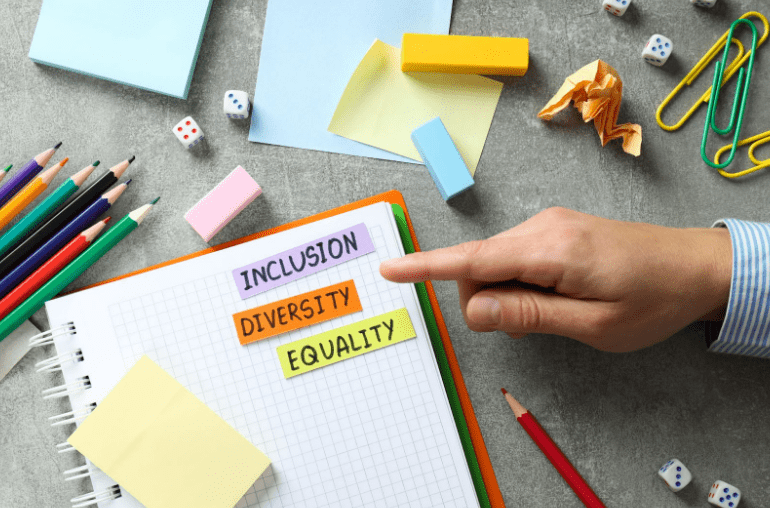In the dynamic landscape of modern business, the concept of embracing diversity has evolved beyond being a mere buzzword; it has become a fundamental component crucial for fostering innovation, creativity, and overall success within organizations. Across the globe, companies are increasingly recognizing the significance of building diverse and inclusive workplaces, not just as a reflection of the global society but also as a means to harness the unique strengths and perspectives that individuals from varied backgrounds bring to the table. This comprehensive exploration delves into the transformative journey that organizations undertake as they move towards achieving workplace equity and inclusion, focusing on the substantial steps and impactful strategies that pave the way for a more harmonious, productive, and innovative work environment.
Understanding Diversity Beyond Surface Differences
Diversity in the workplace is a multifaceted concept that goes beyond visible differences such as race, gender, and age. It encompasses variations in experiences, perspectives, and thoughts. Embracing diversity begins with acknowledging and appreciating these differences, recognizing the richness they bring to the organizational tapestry. By understanding diversity in its entirety, companies can create an environment where every employee feels valued and respected for their unique contribution.
Diversity also includes neurodiversity, different thinking styles, and diverse educational backgrounds. Organizations need to foster an environment where individuals feel free to express their authentic selves, bringing their whole selves to work. This inclusivity creates a culture where diverse perspectives are not only tolerated but celebrated, leading to increased creativity and innovation.
Fostering an Inclusive Culture
A truly inclusive workplace goes beyond merely hiring a diverse workforce; it involves creating a culture where every employee feels a profound sense of belonging. Inclusive cultures encourage open communication, active listening, and the freedom to express diverse opinions without fear of discrimination. Companies must invest in diversity and inclusion training programs, enabling employees to develop cultural competence and empathy, fostering mutual understanding among colleagues.
Moreover, inclusive cultures recognize and accommodate diverse needs, such as flexible work arrangements to accommodate various lifestyles and family structures. By embracing flexibility, organizations not only promote inclusivity but also enhance employee satisfaction and overall well-being.
Promoting Equal Opportunities
Equity is a critical component of a diverse workplace. It ensures that every employee, regardless of their background, has equal access to opportunities, resources, and advancement. Organizations need to establish fair hiring practices, transparent promotion criteria, and equal pay structures. By eliminating biases from decision-making processes, companies can create an equitable environment where individuals are recognized and rewarded based on their skills, performance, and contributions.
Promoting equal opportunities also involves addressing unconscious biases that may exist within the organization. Implementing training programs and awareness campaigns can help employees recognize and overcome their biases, fostering a more inclusive and equitable workplace.
Implementing Diversity Initiatives
Proactive diversity initiatives are pivotal in creating an inclusive workplace. Establishing employee resource groups (ERGs) based on shared characteristics or experiences can provide a supportive community for employees. Mentorship programs, leadership development initiatives, and diversity-focused events can nurture talent from underrepresented groups, offering them avenues for professional growth.
These initiatives not only empower employees but also enhance the overall organizational culture. By actively involving employees in the diversity and inclusion initiatives, organizations can tap into the collective wisdom and creativity of their workforce, driving positive change and fostering a sense of belonging among all employees.
Measuring Progress and Celebrating Achievements
To ensure the success of diversity and inclusion efforts, companies must establish measurable goals and track their progress. Regularly analyzing metrics related to hiring, retention, and advancement of diverse talent provides valuable insights. Celebrating achievements and recognizing individuals and teams for their contributions to diversity and inclusion reinforces the company’s commitment to these principles.
Measuring progress also involves soliciting feedback from employees and conducting regular assessments to identify areas for improvement. This continuous feedback loop allows organizations to adapt and refine their strategies, ensuring that they remain effective in creating a diverse and inclusive workplace.
Publicly acknowledging success stories can inspire others and foster a sense of pride among employees. By sharing these stories both internally and externally, organizations demonstrate their commitment to diversity and inclusion and set an example for others in the industry.
Conclusion: Embracing Diversity as a Continuous Journey
Embracing diversity, equity, and inclusion in the workplace is not a destination; it’s an ongoing journey that requires commitment, dedication, and continuous effort. By fostering an inclusive culture, promoting equal opportunities, implementing proactive diversity initiatives, and measuring progress, organizations can create workplaces where every employee feels valued, empowered, and respected.
As we move forward, let us embrace the richness of diversity and harness its transformative power to create workplaces that thrive on innovation, creativity, and collaboration. This commitment to diversity and inclusion extends beyond the office walls, contributing to a more inclusive society as a whole. By championing diversity in the workplace, organizations become catalysts for positive change, setting the stage for a future where every individual is recognized, celebrated, and empowered to reach their full potential.
CapitalJobLink understands the importance of measuring progress and celebrating achievements in their diversity and inclusion journey. Regularly analyzing metrics related to diverse talent retention, advancement, and participation in initiatives allows the company to adapt and refine its strategies continuously. By publicly acknowledging success stories, both internally and externally, CapitalJobLink inspires others and reinforces its commitment to fostering a diverse and inclusive workplace.




